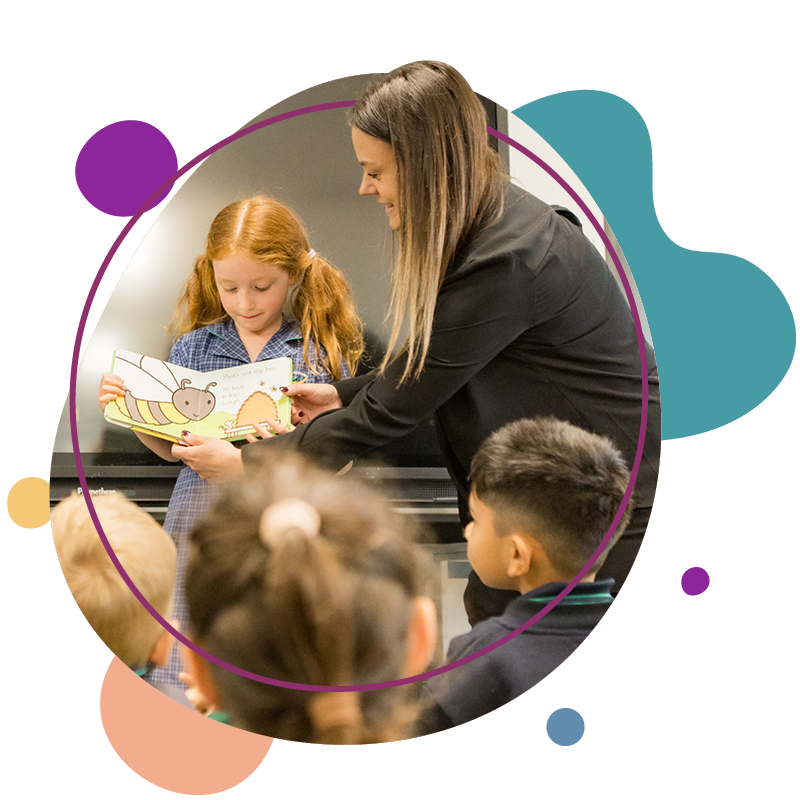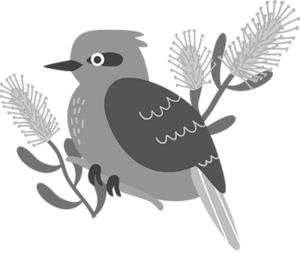In the early years, (Kindergarten to Year 2) teachers use the Pre Lit and Initial Lit program to develop phonological knowledge through explicit teaching and a range of multisensory activities. The development of for early literacy occurs through teaching and learning programs using the Early Years Learning Framework, Western Australian Curriculum (Pre-primary to Year 1) and the Kindergarten Guidelines (Kindergarten). Alongside establishing the foundations of functional literacy skills, these key documents incorporate learning experiences that develop student interests and assists them to construct their identity and understanding of the world around them.
Literacy
Phonics and literacy development in the early years

Writing: A connected instructional framework
At Padbury PS we utilise The Talk for Writing approach to support children to write independently for a variety of audiences and purposes within different subjects. The approach moves from dependence to independence, with the teacher using shared and guided teaching to develop the ability in children to write creatively and powerfully. A key feature of this approach is writing through ‘talking the text’.
The key phases of the Talk for Writing process, as outlined below, enable children to imitate orally the language they need for a particular topic, before reading and analysing it, and then writing their own version.
Reading
What are the 5 components of the science of reading that we focus on at Padbury PS.
They include phonemic awareness, phonics, vocabulary, fluency, and comprehension. Each component plays a crucial role in developing strong reading skills, and educators who understand and effectively teach these pillars are increasing the chances their students learn how to read proficiently.

Spelling
Spelling is explicitly taught using a structured, systematic approach to further develop graphophonic knowledge, morphology and etymology. This approach to the teaching of spelling skills and understandings is designed is to engage our students in learning to spell by exposing them to developmentally challenging learning activities. We draw upon the Spell Ex resource to teach spelling in years 3 & 4. This program is a whole class program which provides explicit instruction in spelling concepts, terminology, rules and convention. We will building on this in 2025 for years 5 & 6.
Grammar and Punctuation
Grammar and punctuation are taught using a spelling scope and sequence from year 1 to year 6, based on the skills outlined in the West Australian curriculum. Strategies to explicit integrate grammar and punctuation into writing text forms are also incorporated into teaching and learning programs using the WA Department of Education Grammar and Punctuation toolkits.



